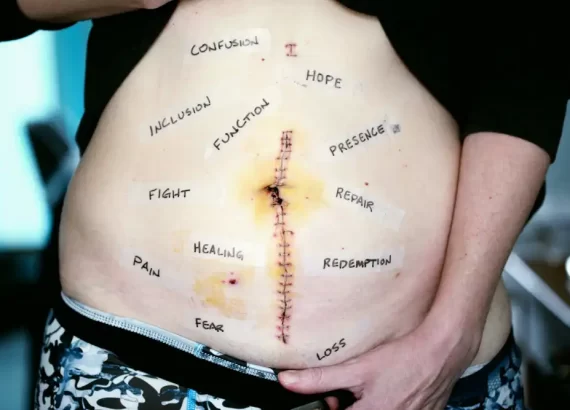Part 2: Overcoming Perfectionism

In our last post, we talked about the double-edged sword of perfectionism, its origins, and how it weighs on our health and freedom. Perfectionism is a trap. It lures us in with the promise of success and achievement, only to leave us comparing ourselves to unattainable ideals. In the end, it leaves us exhausted, afraid of failure, and harshly critical of ourselves and others.
In today’s post, we’ll narrow our focus and explore some practice tools and techniques to curb your perfectionism and embrace a more sustainable lifestyle.
Practice Imperfection
This may sound like madness — especially to a perfectionist — but everything in life is a skill that can be practiced. What if you were to approach imperfection as something to be pursued as a goal? To perfectionists, a mistake can feel catastrophic — but allowing our mistakes to exist without correcting them allows us to build up our tolerance.
This looks different for all of us. Very competitive people may desire to win at all costs — what happens when you replace that goal with something else? For creatives, the fear of a mistake can prohibit them from sitting down to write or paint. As an exercise in curiosity, spend some time on a new hobby you aren’t emotionally invested in. Practice sharing your progress with positive people, or post it anonymously online somewhere.
Emphasize Progress
Perfectionism paralyzes us by making us believe that if something isn’t perfect, it’s worthless. More often than not, this causes us to abandon interests and pursuits before we even get started. People who are struggling with their weight often feel like it’s hopeless because their goals seem so far away. The same is true for people who love creative pursuits but are discouraged when comparing their efforts to those of established professionals.
Instead of comparing yourself to others or pursuing perfection, focus on incremental progress. Be kind to yourself. Reward yourself with positivity, and celebrate your successes. Know that you are not alone in this struggle.
Share Kindness
Just like it’s important to practice imperfection, it’s important to practice kindness. By cheering other people on and celebrating their successes, you’re practicing kindness as a skill that you can turn inward on yourself. Embracing positivity is infectious. If you’re already a good cheerleader, give yourself the same kindness, support, and positivity you give others.
It’s sometimes helpful to think of our skills as children. They need to learn to crawl before they can walk and walk before they can run — through all of that, they need our encouragement.
Seek Balance
One of the evils of perfectionism is how it drains free time from our lives. It’s so easy to spend another thirty minutes playing with formatting on a report for work or going through a checklist before a presentation. When imperfection isn’t the end of the world, it’s easier to set healthy boundaries around how much time you spend on things.
Give yourself reasonable time limits and stick to them. When the timer goes off, you’re done — no more tweaks or changes.
Delegating Tasks
It’s hard to let go of tasks as a perfectionist, and this quality ultimately leads to burnout. This is just one more skill to be practiced. Trust others, be supportive of their efforts, and practice being generous with praise to the people you delegate to. Just like you, they need opportunities to learn and develop. By delegating tasks to others and enjoying their progress, we learn to accept and enjoy our own.

Schedule a Consultation
If you’re struggling to overcome perfectionism, reach out to schedule a quick consultation. Many clients come to me caught between a rock and a hard place. What they think makes them successful is causing them to feel exhausted — like a star ready to burn out. I can help you find another way forward.




